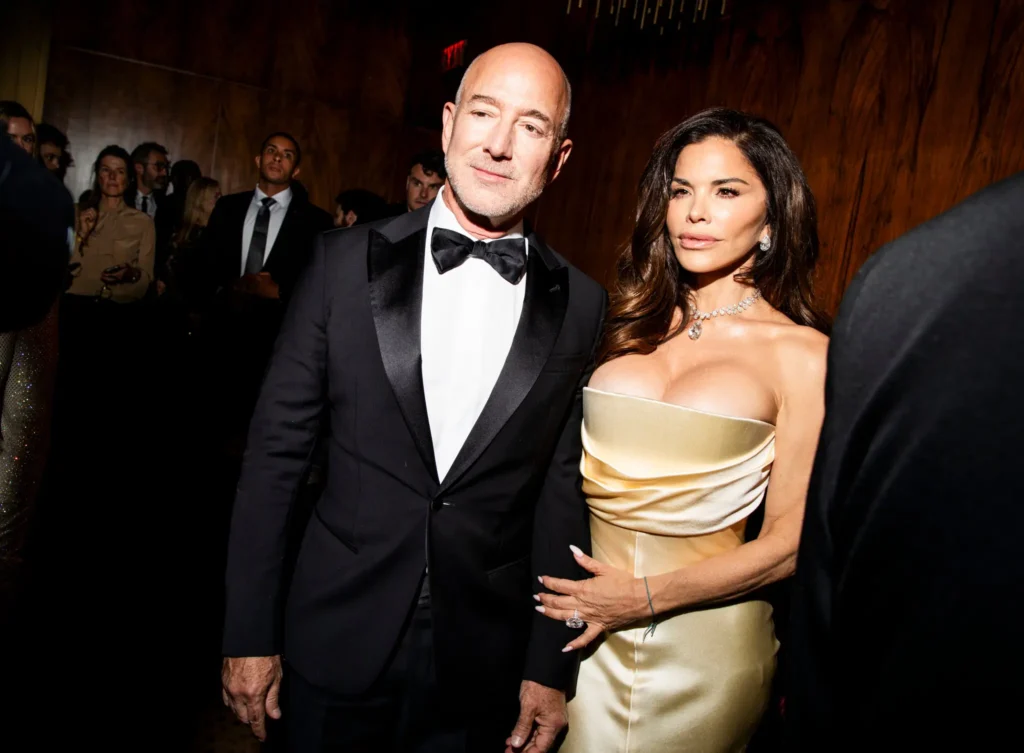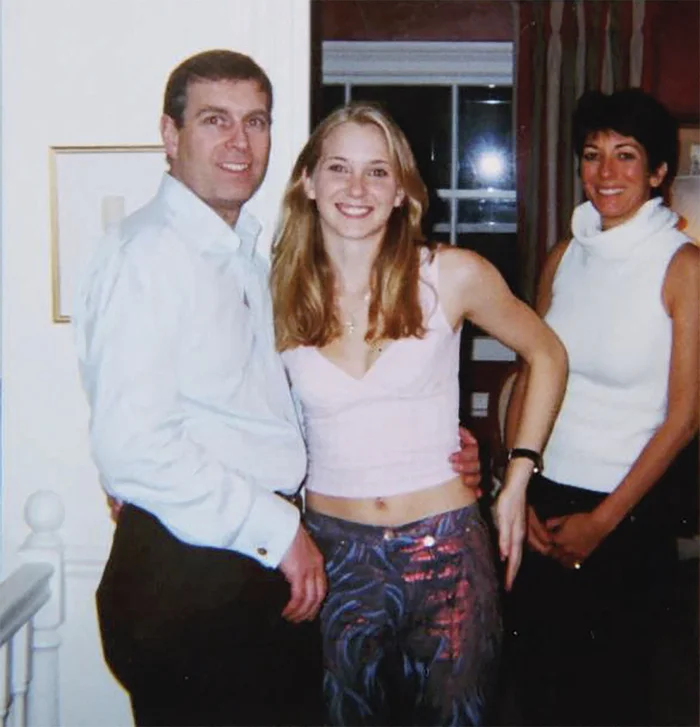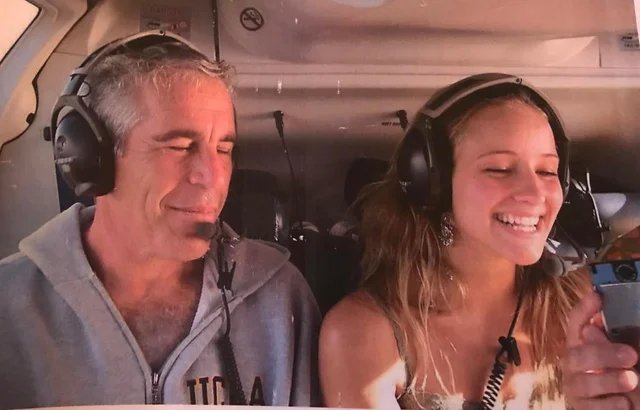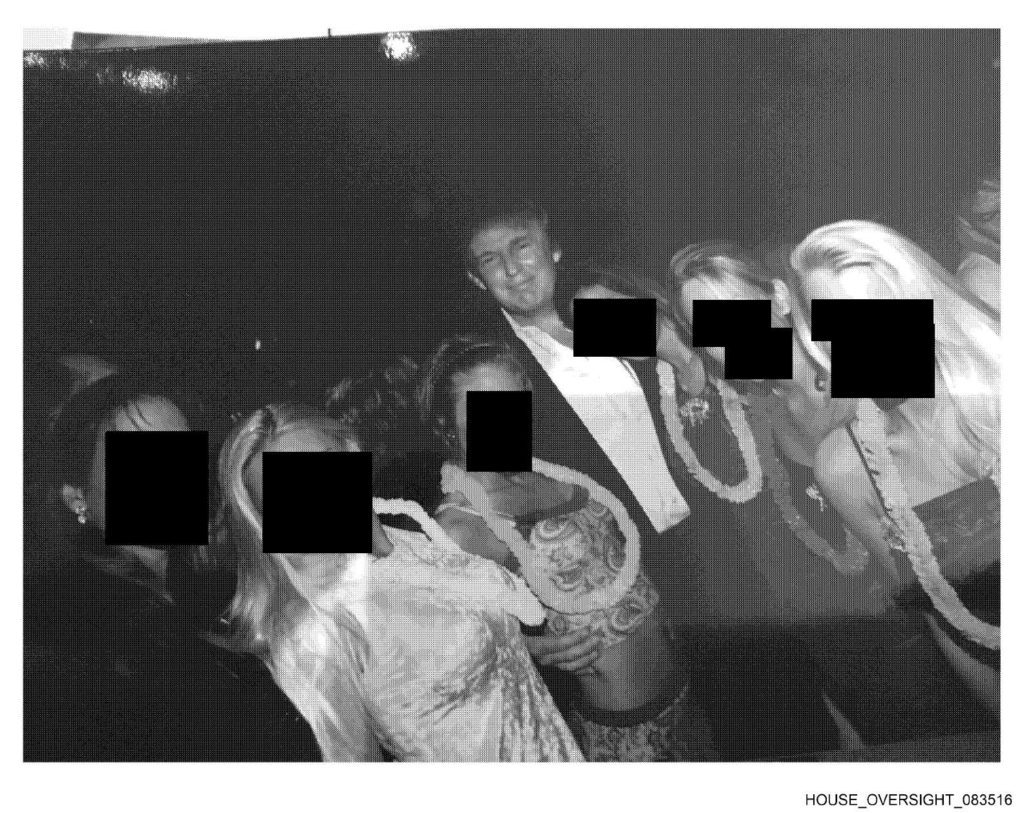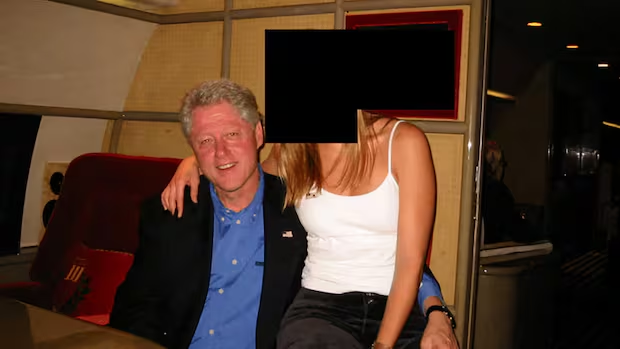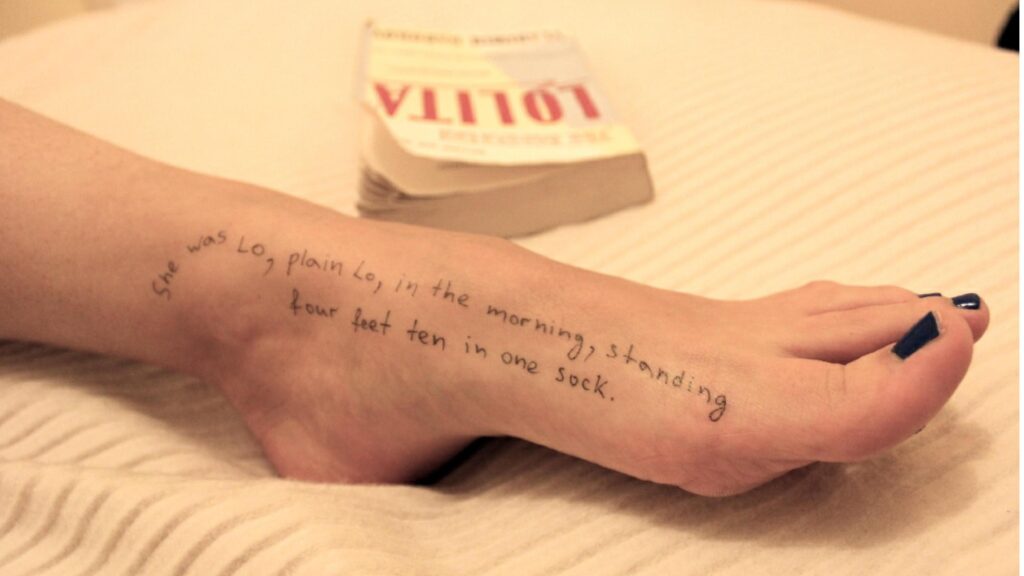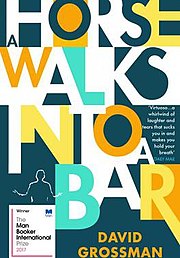Lordy, what a whirl of news this week has been, and me, feeling the crush of unending winter, i.e., mild seasonal depression. This week I’ve been tiring by…10 a.m., lying down to scroll/read/doze for two hours, then rising to have mildly productive afternoons. A strange circadian rhythm, but it is mine.
I hadn’t even had my second cup of coffee this morning when I read that Andrew Mountbatten-Windsor had been arrested — or do they say “clapped in irons” there? — for charges related to guess-what, his appearance in the notorious Epstein files. Randy Andy was said to be detained on “suspicions of misconduct in public office after accusations that he shared confidential information with Jeffrey Epstein while serving as a British trade envoy.” So that was his job; I hadn’t known. The problem with royalty is modernity, at a time when most Americans are raised on fairy tales about kings, queens, princes and princesses. We’ve had it pounded into our heads for years that “patronage” is the main job of the core family, i.e. showing up in appropriate clothing to cut ribbons, smile, wave and give short, inoffensive speeches. Even if it doesn’t involve heavy lifting, it can be a grind, so perhaps when no one wants them on boards or at ribbon-cuttings, they get do-nothing job titles like “trade envoy.” No need to negotiate agreements — that’s for the professionals — but maybe mix ‘n’ mingle in places like Davos.
Or at Epstein’s place in New York. And Palm Beach in winter.
Because I am rapidly reaching a saturation point with Andrew — he really hasn’t aged well, nor has his ex-wife Sarah Ferguson — I’m amusing myself imagining him in a holding cell at the Wayne County jail. Maybe requesting a special meal of steak and kidney pie and mushy peas and “dare I ask for spotted dick for dessert?” The jokes, they write themselves.
But a few things are worth noting. One, the Brits are taking this scandal far more seriously than we are. NYT again:
Police in Britain have arrested the king’s brother and are investigating a one-time ambassador to the United States. The prime minister has fired his chief of staff and his communications director. Members of Parliament have demanded answers.
The response from the authorities in Britain to the Jeffrey Epstein files has been far more aggressive than it has been in the United States, where there has been little police action after the Justice Department released three million pages of correspondence involving the sex offender.
A country with a functional judicial system. What a concept.
There was at least some action around Epstein’s former friend Leslie Wexner, now 88 years old and living out his days in his vast exurban mansion outside of Columbus. In what appears to be a comment on his physical frailty or perhaps his fortress of money, the House Oversight Committee came to him, rather than the other way around. Dunno what he told them. His opening statement rehashed what he’s said many times before: Used to know the guy, entrusted him with my money, finally figured out he stole from me, fired him and we never spoke again, and also, I SOLD him that house in New York, I didn’t GIVE it to him.
Of all the odd relationships in this web, Epstein and Wexner is probably the oddest. All I can think is, if Wexner’s account is true, it must be extremely complicated to be a billionaire. There you are, running your retail and real-estate empires, and you still have to think about the quotidian details of your lavish life, like that you want a yacht, but don’t want to mess around with crap like upholstery swatches or the location of the dolphin cam belowdecks. Or a British estate, so your wife, who loves to fire her shotgun in the manner of the gentry, can have a nice place to do it. I always figured the answer was to do a lot of delegating. You have a yacht person. You have a British real-estate person. Your wife can handle some of this, but she’s raising your four children. Inevitably, the wrong person worms their way into the mix. And you remain linked to him for years and years. Doing “gang stuff.”
Wexner has spent millions and millions on philanthropy, mostly in Columbus. His name and his wife’s name are on multiple buildings there, especially at Ohio State University, his alma mater. (His children all matriculated in the Ivies, if Wikipedia is to be believed.)
OK, I’ll stop now, as more is to be revealed. Two pieces of bloggage:
This is, I think, the best NYT piece on Epstein so far, because it takes into account the biggest scandal of all — not this girl or that girl, this big name or that big name, but the silence. The complicity:
Secrecy encircled all of this talk, a dynamic that Peter Attia, the longevity influencer, described in his recent apology for joining Epstein’s misogynist banter. In 2016, Attia wrote a fawning email to Epstein. “The life you lead is so outrageous and yet I cannot tell a soul,” he wrote, while also joking that “pussy is, indeed, low carb.” Now he calls that message “juvenile,” and defends himself as having been naïve and sucked into a world that felt strange and exciting.
“He lived in the largest home in all of Manhattan, owned a Boeing 727,” Attia wrote. “I treated that access as something to be quiet about rather than discussed freely with others.”
And to end on a comic note, the peerless Monica Hesse on the weirdest news in this wild week, the Bobby Kennedy / Kid Rock workout video:
It’s time to stop whatever you are doing, put on your stiffest blue jeans and go to the gym. You are a Kennedy. Kid Rock is already there doing push-ups. Make sure you bring your whole milk. We will be drinking it, as is customary, in the hot tub.
Keep up, betas. This is “Secretary Kennedy and Kid Rock’s Rock Out Work Out,” 90 seconds posted to social media Monday by the secretary of health and human services. It is a manly video. Unless you think it’s dumb, and then it was never supposed to be manly, it was always supposed to be a joke, and you’re a blue pill for not getting the joke. #MAHA and also, make sure you are wearing a leather business belt. If you are going to ride an exercise bike in a sauna, it is very important you wear a leather business-type of belt with your jeans.
Kennedy even hits the cold plunge in those jeans, which made me think the whole video was a setup for an extended gay porn loop, the activity that happens when those jeans have to spend 45 minutes in KR’s dryer.
OK, gift links to those. Happy rest-of-the-week to all. Off to the gym in hopes of elevating my mood.
